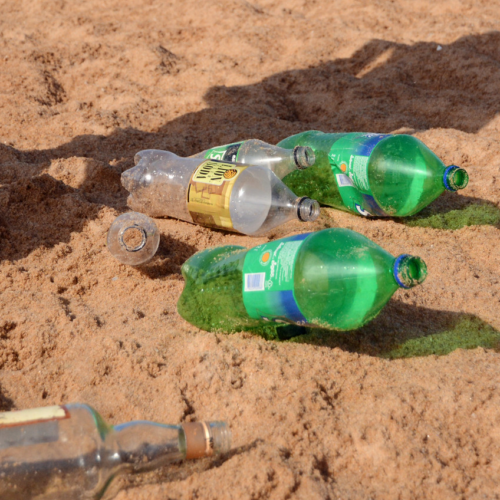Vietnam’s growing urban population and increasing demand for consumer goods, particularly single-use plastics, continues to outpace its waste system’s capacities, leading to increased leakage of plastic waste in the environment. Vietnam has a coastline of over 2,100 miles and contains the deltas of the Mekong and Red rivers, where tons of plastics are picked up from communities along their paths and ultimately flow through to the ocean.
USAID has been working in partnership with the Government of Vietnam to address plastic pollution since 2016 through various global and bilateral programs, beginning with the Municipal Waste Recycling Program (MWRP). Through MWRP, USAID provided grants to eight local organizations to support market-driven, women-led, locally scalable, and government-endorsed improvements to solid waste management (SWM) in seven cities across Vietnam.
Under the Save Our Seas Initiative, USAID’s Clean Cities, Blue Ocean (CCBO) program continues to work with communities, informal waste collectors, local and national governments to support Vietnam’s goals of plastic waste reduction outlined in its National Action Plan on Marine Plastic Debris Management until 2030. Clean Cities, Blue Ocean is working in the cities of Phú Quõc, Hue City, Da Nang, and Bien Hoa to safely manage and prevent more than 4,000 metric tons of waste (including nearly 1,000 metric tons of plastic) from entering into drainage canals, rivers, streams—and ultimately the ocean. The program has also improved solid waste systems and services for more than 1.1 million households (approximately 3.8 million people) through support to and partnerships with government entities, local organizations, and businesses.
In 2022, USAID/Vietnam awarded the five-year Vietnam Action Against Plastic Pollution program to support the national government in the implementation of the new Extended Producer Responsibility regulations and work with provincial and local governments to introduce effective solid waste management models and single-use plastic reduction models. USAID’s Reducing Pollution Activity, which works with local organizations, government, private sector, and academic institutions also supports the Save Our Seas Initiative goal of reducing plastic pollution in Vietnam.
Current Programs
Vietnam Action Against Plastic Pollution (2022-2027)
USAID’s Vietnam Action Against Plastic Pollution program supports the Save Our Seas Initiative by reducing plastic pollution at its source through inclusive circular economies together with local and national governments, communities, and the private sector. The program supports Vietnam’s implementation of Extended Producer Responsibility (EPR) regulations, assisting the Ministry of Natural Resources and Environment and engaging producers and waste processors to prepare for EPR implementation, and to demonstrate and scale its impact. The activity also enhances solid waste management systems locally to reduce plastic waste leakage and encourage household waste separation. Impacts include the development of policies and the implementation of models to reduce single use plastics and manage municipal solid waste sustainably. Vietnam Action Against Plastic Pollution is implemented by a consortium of local partners led by Chemonics.
CIRCLE Alliance: Catalyzing Inclusive, Resilient, and Circular Local Economies (2024–2029)
The CIRCLE Alliance is a new $21 million public-private collaboration to reduce plastic use and tackle plastic waste. Founded by Unilever, USAID, and EY, it aims to support women’s economic empowerment, improve livelihoods, and accelerate the development of circular economies through direct support to social enterprises and policies like Extended Producer Responsibility. CIRCLE is implemented by Resonance.
Clean Cities Blue Ocean (2019-2025)
USAID’s Clean Cities, Blue Ocean is a six-year, $67 million global program working in more than 25 cities across ten countries of Asia, Latin America, and Pacific and Caribbean islands to target ocean plastics directly at their source. CCBO partners with national and local governments, members of the private sector, NGOs, and local women’s and youth organizations to improve solid waste management systems, build capacity and commitment for the 3Rs, and promote sustainable social and behavior change. Trainings and learning produced under CCBO are publicly available through a self-directed solid waste management online university that has already trained waste professionals from more than 100 countries. CCBO is implemented by Tetra Tech ARD, in association with The Manoff Group and International City/County Management Association.
Reducing Pollution (2021-2026)
USAID’s Reducing Pollution activity is tackling environmental challenges like air pollution and plastic waste in Vietnam. The activity supports targeted initiatives in areas like agriculture, transportation, and industry to improve public health, employment, and sustainable growth and is fostering collaboration among local organizations, government, the private sector, and academia to tackle these issues. Through grants and support, local leaders drive policy development and grassroots action in alignment with Vietnam’s 2020 Law on Environmental Protection. Reducing Pollution is implemented by a consortium of local partners led by Winrock International.
Past Programs
Municipal Waste Recycling Program (2016-2021)
Launched in 2016, the Municipal Waste Recycling Program was USAID’s first formal response to the urgent challenge of plastic pollution in developing countries. The program was implemented in four countries that are among the world’s top contributors of marine plastics pollution: Indonesia, the Philippines, Sri Lanka, and Vietnam. Through grants and technical assistance for promising solid waste management and waste recycling efforts in urban and peri-urban areas, MWRP diverted 20,600 metric tons of plastic waste from the ocean, trained 36,000 women in solid waste management and recycling, and supported over 60 new and improved laws and regulations.
Local Solution for Plastic Pollution (2020-2023)
USAID’s Local Solutions for Plastic Pollution project coordinated with partners and local actors to develop and implement community joint action plans to address plastic pollution, with a focus on businesses and the tourism and fisheries industries. The project worked in Hanoi, Danang, and Hoi An cities.
Projects
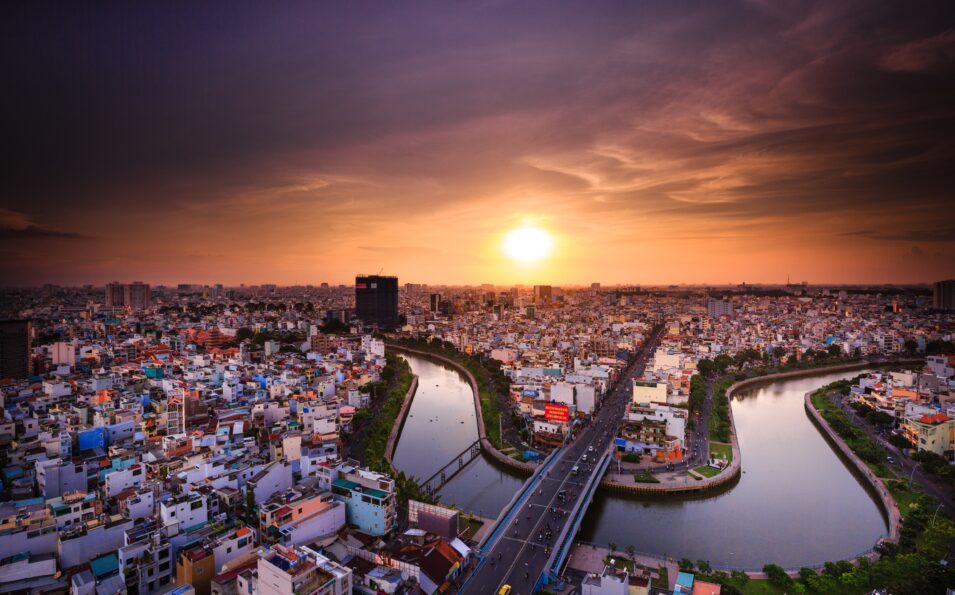
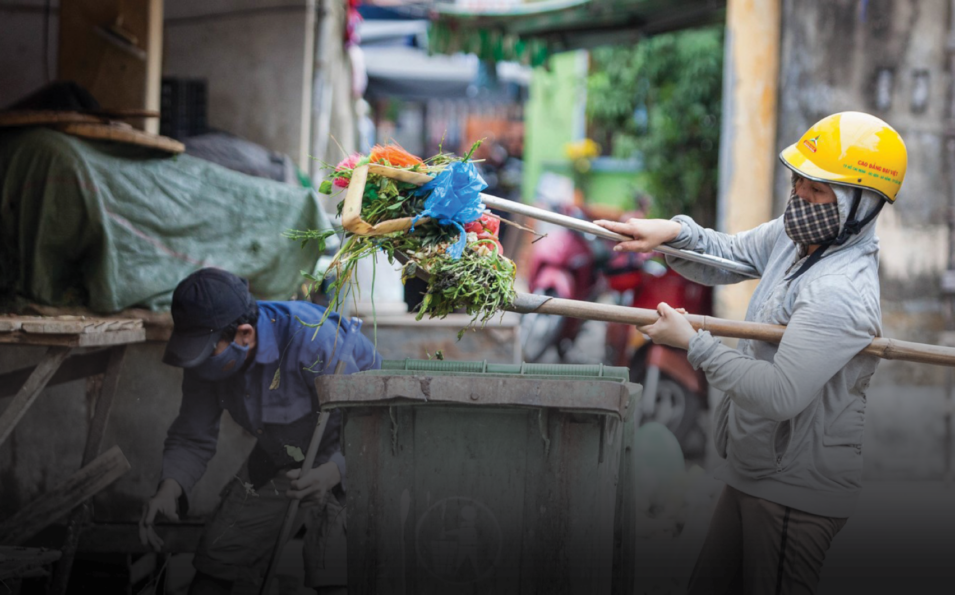
Key Resources
View All ResourcesOverview: Behavior Change in Local System to Mitigate Ocean Plastic Pollution in Vietnam
Clean Cities, Blue Ocean Vietnam Fact Sheet
Municipal Waste Recycling Program (MWRP) – Vietnam Country Profile
Case Study: Behavior Change in Local Systems to Mitigate Ocean Plastic Pollution
MWRP Vietnam: Building a Green City through Women-Led Plastic Recycling
MWRP Vietnam: Partnerships for Clean Regional Waterways
MWRP Vietnam: Reducing Mismanaged Plastic Waste By Organizing Independent Waste collectors
MWRP Vietnam: Reducing Ocean Plastics Pollution in Ha Long Bay
Insights & Updates
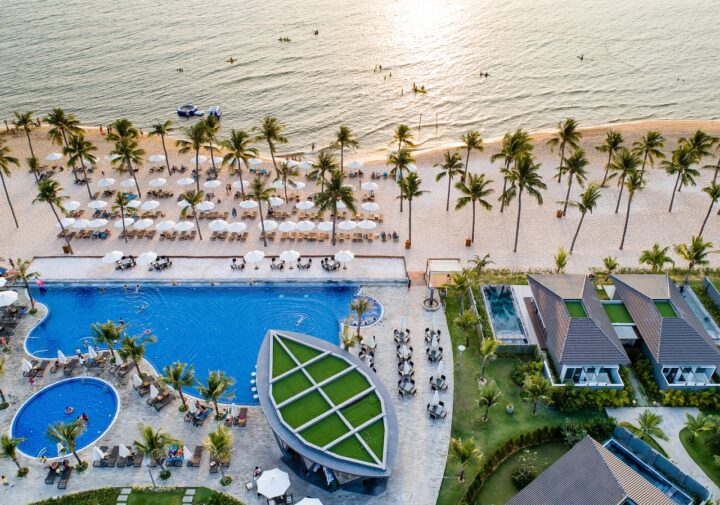
Promoting Business-Friendly, Ocean-Friendly Practices in Vietnam’s Tourism Sector
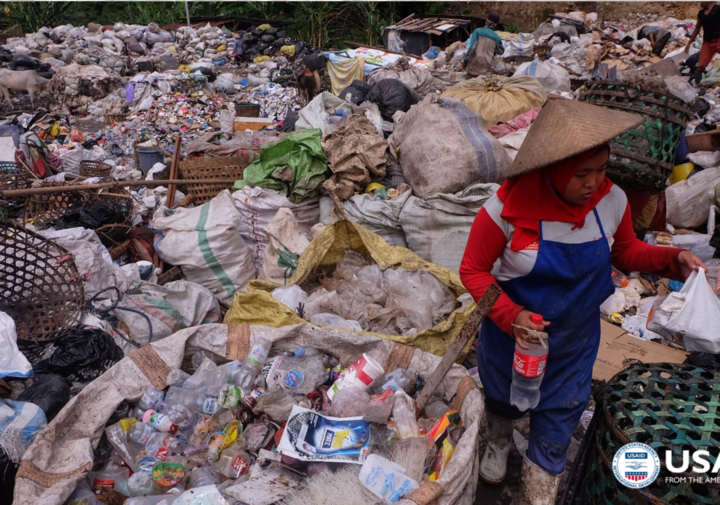
Honoring Unsung Heroes in the Fight Against Ocean Plastic Pollution
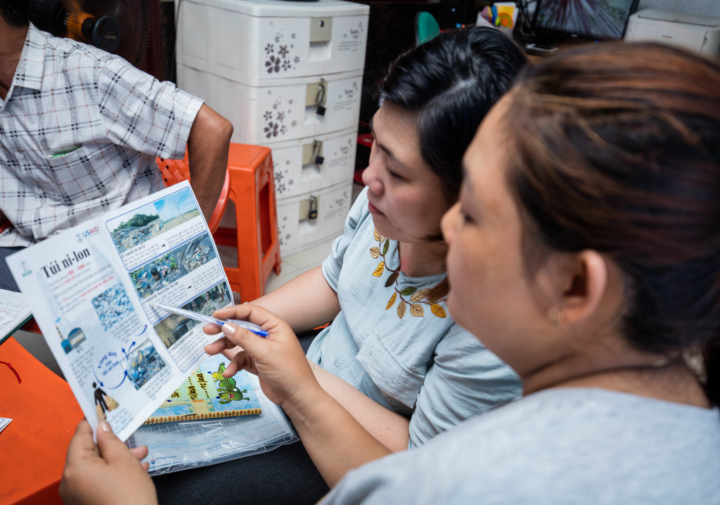
Learning from Locally-led Actions to Combat Plastic Pollution in Vietnam
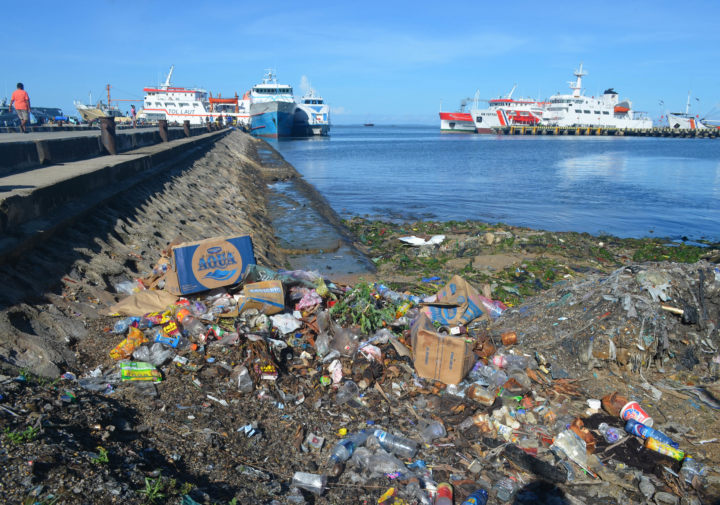
Why it is essential to combat ocean plastic pollution in developing countries
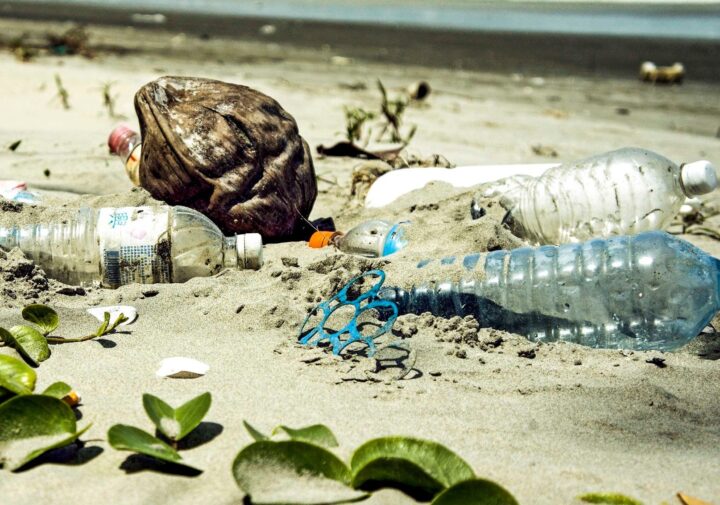
Catalyzing capital to prevent plastic waste
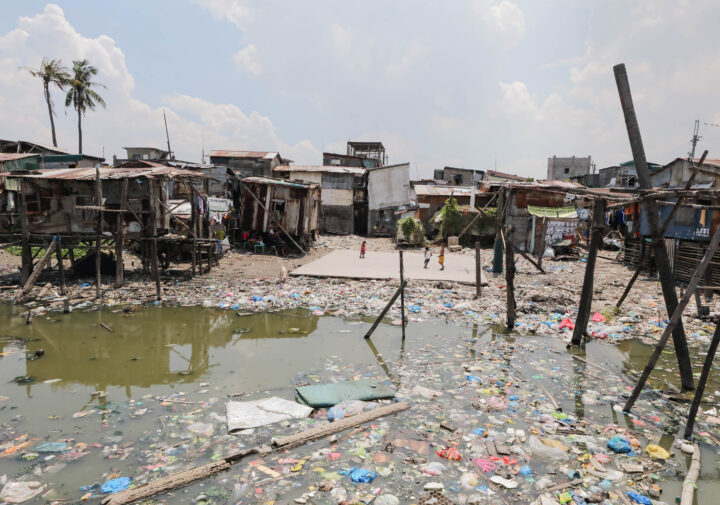
From Waste to Work: Taking Action on Ocean Plastics
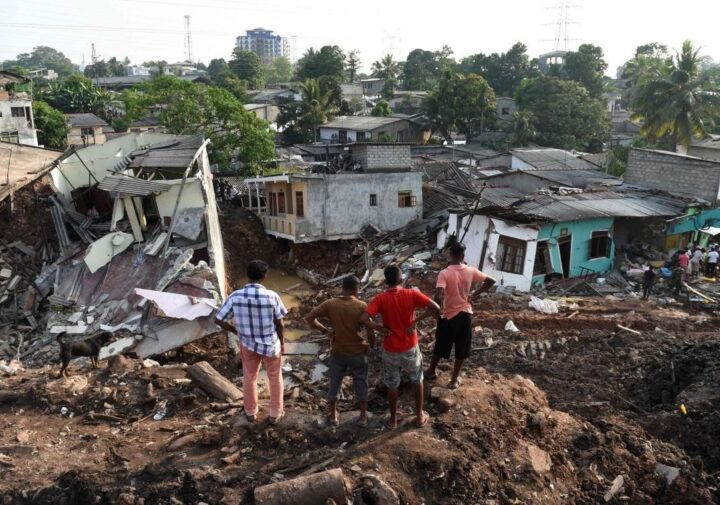
Visiting Sri Lanka and Vietnam with USAID’s Municipal Waste Recycling Program
Sign up for the USAID Ocean Plastics Newsletter
Subscribe